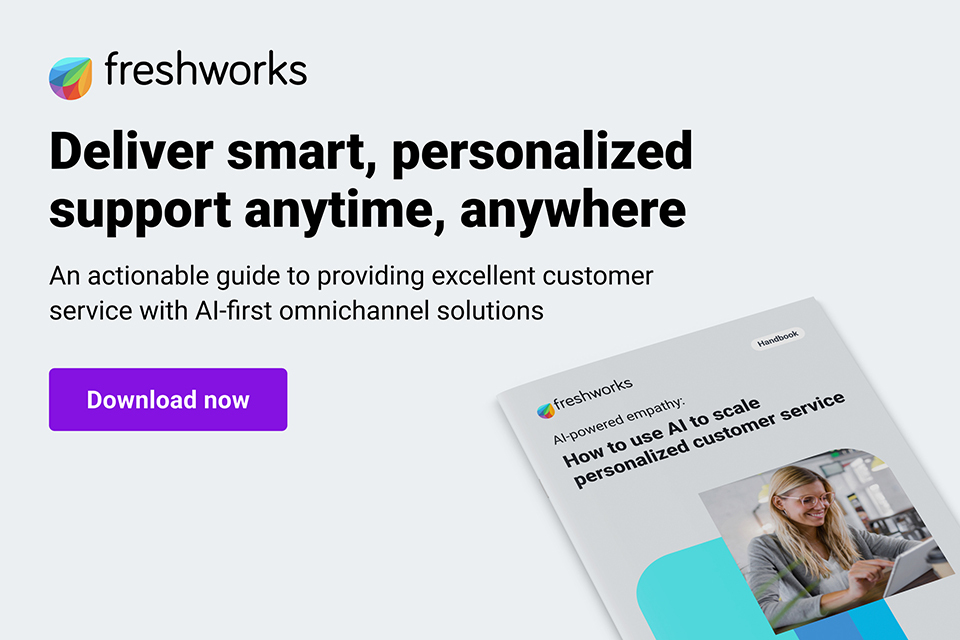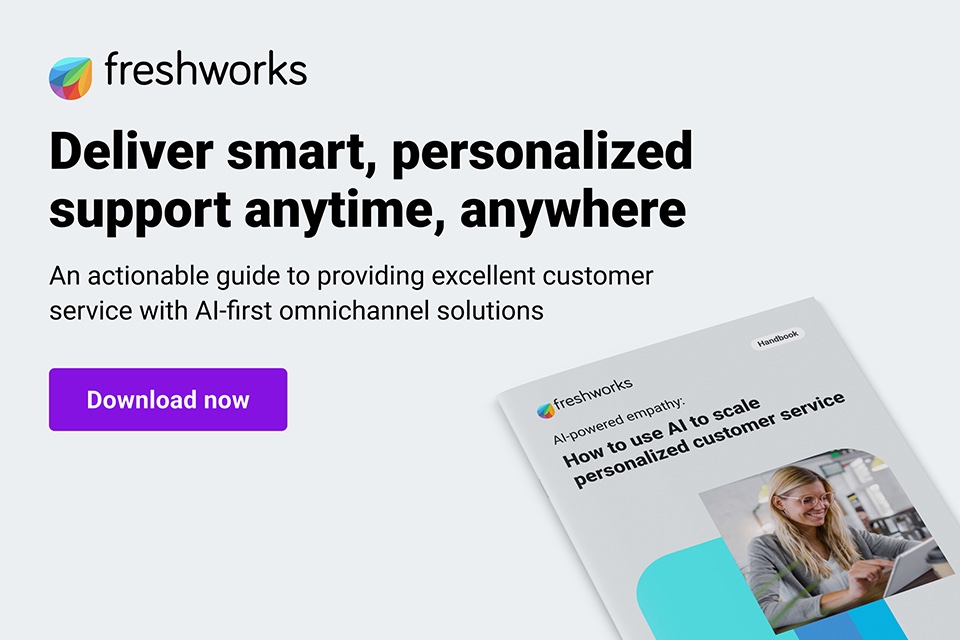One-Third of interactions with GenAI services will use action models & autonomous agents for task completion
https://contactcentresummit.co.uk/wp-content/uploads/2024/03/genai-jonathan-kemper-UF3vfhV04SA-unsplash.jpg 960 640 Stuart O'Brien Stuart O'Brien https://secure.gravatar.com/avatar/81af0597d5c9bfe2231f1397b411745a?s=96&d=mm&r=gOne-third of interactions with generative AI (GenAI) services will use action models and autonomous agents for task completion by 2028.
Autonomous agents are combined systems that achieve defined goals without repeated human intervention, using a variety of AI techniques to make decisions and generate outputs. They have the potential to learn from their environment and improve over time, enabling them to handle complex tasks.
“In the future, human interactions with GenAI may evolve from users prompting large language models (LLMs) to users interfacing directly with autonomous intent-driven agents, which could allow for a higher degree of autonomy and much better alignment with human goals,” said Arun Chandrasekaran, Distinguished VP Analyst at Gartner.
Autonomous Agents Will Impact Several Business Sectors
Autonomous agents can perform a variety of tasks, such as chaining different types of models, verifying the output of a model before inputting into another model and running in a continuous loop to process streaming inputs. These tasks can translate into capabilities such as accessing the internet and using applications, controlling model output and automating complex business processes based on human intent.
“Autonomous agents can reduce the need for human intervention when interacting with LLMs and reduce the burden on business users across many sectors, as they are able to spend less time on advanced prompt engineering,” said Chandrasekaran.
Autonomous agents will have an impact across several sectors:
- Healthcare: Autonomous agents can help medical professionals in areas such as disease diagnostics, treatment planning and patient care.
- Education: Autonomous agents can offer personalized learning experiences and adapt teaching methods to the needs of individual students.
- Gaming: Autonomous agents can observe and interact with human players and provide more immersive and realistic experiences.
- Insurance: Autonomous customer service apps can handle most policyholder interactions through voice and text, and can assist with claims, fraud, medical service, policy and repair systems. They can have a dramatic impact on resolution, with responses and actions taking minutes rather than days or weeks.
Use Clear Objective Functions as the Foundation for Autonomous Agents
“Autonomous agents need a clear objective function so that their behaviors can be controlled in a meaningful way to deliver value,” said Chandrasekaran. “The tasks autonomous agents can perform, such as verifying the output of a model before inputting into another model, has the ability to control model output and automate complex business processes based on human intent. But this can only be achieved with a clear objective function.”
In order to achieve this, Gartner suggests that organizations:
- Identify use cases in which action models and autonomous agents can add value by reducing the amount of human effort and skill needed.
- Build an architecture to enable autonomous agents to thrive. Do so by providing tool integration and access to knowledge repositories and long-term memory, enabling agents to demonstrate expanded reasoning and expertise.
- Acknowledge that action models and autonomous agents aren’t a substitute for prompt engineering — their ultimate potential remains tied to the quality of the prompts they receive.
- Balance between autonomy and control through extended pilots and rigorous agent monitoring.










